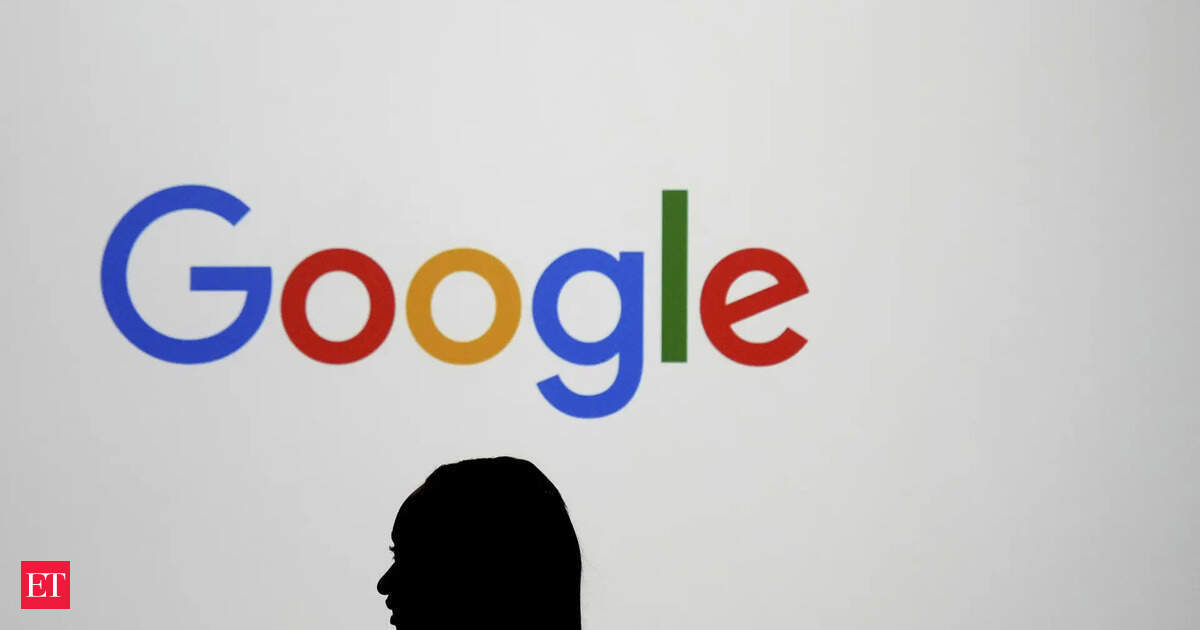Google Executive Reveals Company Declined OpenAI Proposal for Search Partnership

Google’s Response to OpenAI’s Request
Background of the Situation
In a significant turn of events during Google’s antitrust trial in Washington, it was revealed that OpenAI attempted to collaborate with Google for access to its search technology. OpenAI’s head of product, Nick Turley, testified that the inquiry was a response to difficulties encountered with their existing search provider, which is known to be Microsoft’s Bing.
OpenAI’s Approach to Google
OpenAI initially reached out to Google in July of this year. The aim was to explore the potential benefits of integrating Google’s API into their popular AI product, ChatGPT. Turley highlighted that the inclusion of Google’s technology would enhance the overall user experience. In an email presented during the trial, OpenAI expressed a desire to partner with multiple organizations, including Google, to ultimately deliver a superior product to users.
Google’s Decision
However, Google’s reaction was not what OpenAI had hoped for. In August, Google declined the request, citing concerns about collaborating with too many competitors. Turley clarified during the trial that as of now, no partnership exists between OpenAI and Google. This rejection underlines the competitive landscape in which both companies operate.
The Antitrust Case Against Google
Key Players Involved
The antitrust trial features the U.S. Department of Justice (DOJ) and a coalition of state attorneys general, who are actively seeking measures to curb Google’s dominance in the online search and advertising sectors. They are pushing for a judicial order that could lead to significant changes in how Google operates.
Proposed Remedies
One of the primary proposals from the DOJ involves forcing Google to divest its Chrome browser, among other measures, to dismantle what has been identified as a monopolistic hold on the online search market. The goal is to create a more competitive environment, thereby benefitting consumers and other businesses alike.
Turley stated that the DOJ’s approach, which includes sharing search data with competitors, could accelerate improvements for ChatGPT. This emphasizes a broader goal of increasing competition in the tech industry, which could lead to innovation and better services for consumers.
Implications for OpenAI and ChatGPT
OpenAI has been working with Microsoft’s Bing for their search capabilities within ChatGPT. However, the company believes that having access to multiple search platforms, such as Google, could significantly enhance the quality of the responses generated by AI systems.
With Google’s refusal to partner with OpenAI, the latter is left to navigate the competitive terrain of AI development and search integration with a singular support system. This situation raises questions about the future of AI-related technologies and their dependence on a limited number of search engine providers.
The Bigger Picture
The current landscape indicates that both Google and OpenAI are vying for stronger positions in the tech ecosystem. The outcome of the antitrust trial could have far-reaching consequences for how these companies operate and how AI products like ChatGPT evolve.
With tech giants facing increasing scrutiny over anticompetitive practices, the landscape of online search and artificial intelligence continues to shift. All eyes will remain on the trial and its potential to reshape the future of digital services and partnerships in the tech industry.






